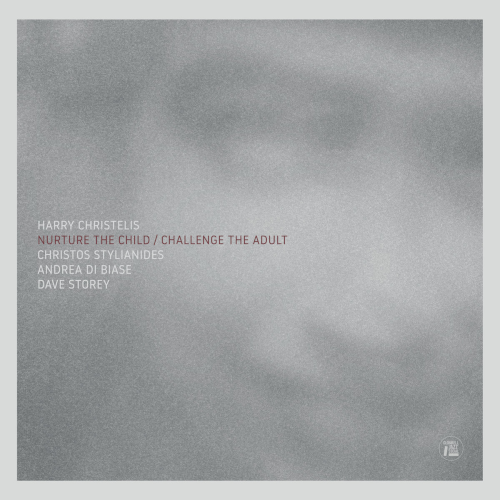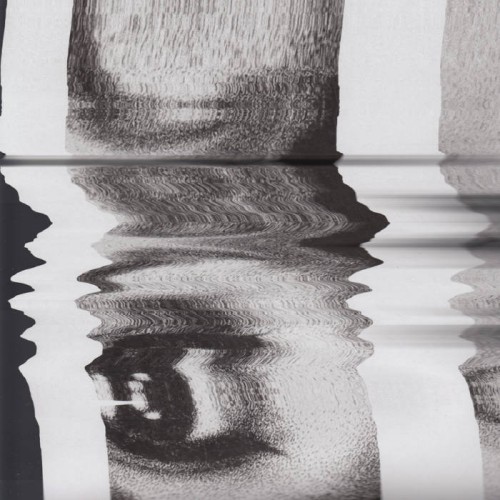 Diamanda Galás has been accelerating her release schedule the last few years — I gather due to the getting the masters back for a bunch of the early stuff. Lucky us, this means a raft of remasters of those ’80s masterpieces as well as new works for the canon.
Diamanda Galás has been accelerating her release schedule the last few years — I gather due to the getting the masters back for a bunch of the early stuff. Lucky us, this means a raft of remasters of those ’80s masterpieces as well as new works for the canon.
I said to Freq‘s editor that Galás reviews write themselves and it’s partly true — if you know Galás of the last twenty-five years or so, you probably know what to expect. All ‘covers’ (if that description still holds any water to what Galás actually does) with her on vocals and piano. In this case a live recording from Seattle, US in 2017.
Where’s her voice at these days? It’s as rich as ever, as many knotty curves and ululations as ever. Perhaps that vibrato, wide enough to stick your fist in, is a bit deeper and richer. She’s by no means a young singer any more, but this is a good recording to point to the difference between a good singer who looks after their voice and someone who doesn’t, or never did. She’s got more in common with an old dame of opera, the original definition of ‘prima donna’, than anyone you could probably name from rock and pop. If that’s not clear enough, I maintain she’s probably the greatest living singer (or at least level with Mariah Carey in my estimations).
It’s funny to think about this as a ‘covers’ record because you’d presume that the strength of the record is the strength of the material. But it’s not quite the case — everything goes in its own song and comes out Galás. “A Soul That’s Been Abused”, nominally a blues song , comes out as a vehicle for some rolling triads and extemporisations in scales that are definitely not blues scales. Sustained notes and a vibrato that’s positively filthy. Her playing is regular in tempo — this isn’t free improv — but the notes have the sustain they need, the dramaturgy is more important than the form of the song.
I’ve been listening to a bunch of Thelonius Monk lately and she has a similar sense of playing to him (though she’s not a stride player) — the melody sings out but it takes its time, accents and colours akimbo. It’s also close to (what I understand of) Arabic heterophony — the lines follow each other but never quite in sync. I maintain she’s the best living singer but she’s also imperious in the world of pianist-singers. Sui generis really — it’s a world that jazz may have hinted at, but I don’t think there’s any players that occupy this style.
We get another rendition of “Let My People Go” — it’s become something of a calling card perhaps. Her voice showing off all the crackle and terror of the song’s content, the vibrato at times tight and controlled, elsewhere wildly oscillating. Every slur like her tongue can barely comprehend the terror it’s producing. Possibly a good place to point at how it’s impossible to think of where Galás’ voice is — there’s so much that’s head voice, or using the nasal cavaties, but there’s as much that says way deep in the pit of her diaphragm. An abject lesson in technique, with strong emphasis on the abjection. Closer “Anoixe Petra” is another good one to point at for pianism — the piano is nominally ‘accompaniment’, but really it’s another heterophonic voice, playing its own scales in that MENA world — what classical music would call turns and mordants, but really closer to the kind of playing you’d get from a Munir Bashir or other players in that Arabic tradition. With a strong caveat that I’m talking about traditions I’m familiar with — that area is clichédly a ‘melting pot’ and I suspect there’s a bunch of Greek, Turkish, Balkan ones that do similar stuff that I don’t know about (or has been closed over by fortress Europe bleaching out those traditions).I guess if we’re placing this in the canon of Galás it’s probably on the ‘lighter’ side — relative to the pure vocal works (Litanies Of Satan), but that’s very relative. It’s got all the brooding and evocative terror that you’ve come to expect and I can’t underestimate how rich her voice is here. A gorgeous collection and a lush selection and, well, another record that’s purely Galás.
-Kev Nickells-



